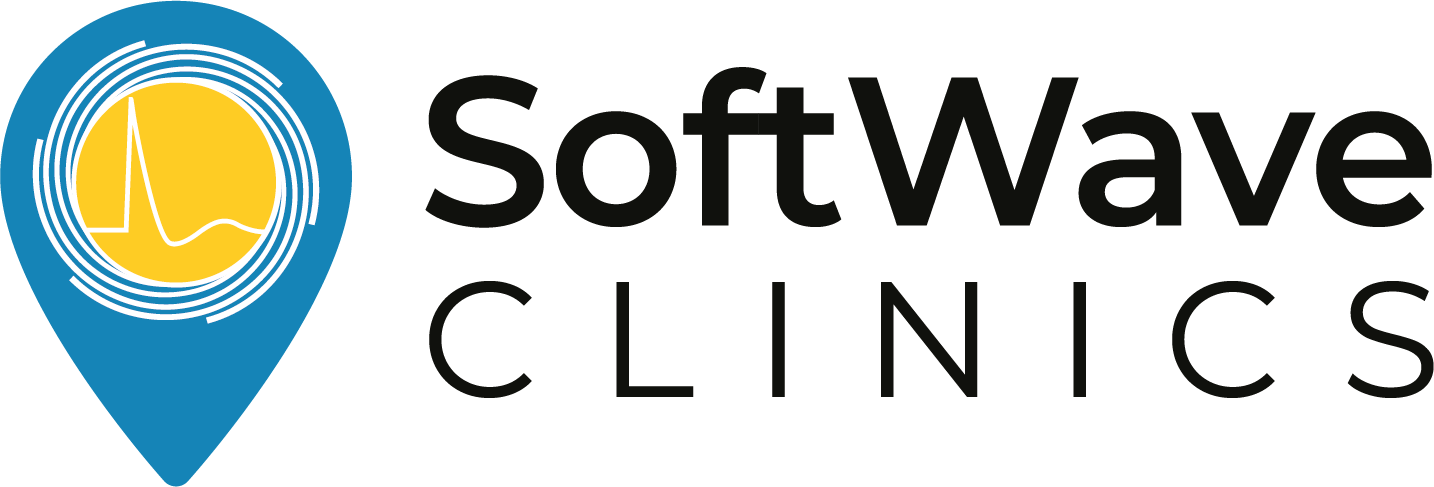Non-Invasive Shockwave Therapy Improves Heart Muscle Function
Title of study: Defining a Therapeutic Range for Regeneration of Ischemic Myocardium via Shock Waves Authors: Leo Pölzl, Felix Nägele, Jakob Hirsch, Michael Graber, Daniela Lobenwein, Elke Kirchmair, Rosalie Huber, Christian Dorfmüller, Sophia Lechner, Georg Schäfer, Martin Hermann, Helga Fritsch,...
Learn more about Non-Invasive Shockwave Therapy Improves Heart Muscle Function

